It has been almost three weeks since Nigeria, Africa’s largest economy, was said to have found its way out of the nation’s worst economic recession in 29 years. And as I predicted the day we exited recession, a number of political sycophancy has followed the exit from recession.
Literacy is important, but education is much more important than literacy. It is heart-breaking for me to see the people I so much respected in the media, joining the band of sycophants to congratulate President Muhammadu Buhari on getting Nigeria out of recession, like the exit is the end in itself and not just a mere step in the means to and end.
On the flip side, the opportunists are also feasting on our lack of proper education to say exit from recession is no feat in itself. The Peoples Democratic Party (PDP) released a statement to warn that it is not time to celebrate, adding that the Buhari government led the nation into the recession in the first place.
THE POLITICS AND A JOURNEY TO NOWHERE
“This warning is very necessary in the light of the incompetence, lack of economic direction and incoherent economic policies of the Buhari administration which led us into, and then prolonged recession in the first place,” PDP said via a statement signed by Dayo Adeyeye.
Advertisement
The Buhari administration may not have paddled our boat in the direction of the best economic policies, but one thing is certain, the 2016/2017 recession was a function of poor management of resources under the PDP-led Goodluck Jonathan administration and the short-sightedness and poor planning of the Buhari administration. Jonathan’s government wounded Nigeria, but Buhari and his men shot the wounded man.
Atiku Abubakar, a 2019 presidential hopeful, also took the opportunity to say the real recession is not over until Nigerians can eat three square meal a day. He said “it’s also important to recognize that economic weakness at the bottom of the pyramid remains. Inflation is still high”. Atiku is correct, but his intents are well known.
Femi Adesina, Buhari’s spokesman; Lai Mohammaed, minister of information and culture; Bolaji Abdullahi, APC spokesman, all did what we expected them to do. They claim exit from recession is the fulfilment of promise.
Advertisement
The politics around exiting recession in Nigeria is a journey to nowhere. These politicians are only telling the recession story to suit their political interest. Do not be swayed by their beautiful nothings.
HERE IS WHAT WILL HAPPEN NOW THAT RECESSION IS OVER
So to the question all the politicians have dodged by all mean; what does exit from recession mean for the masses? Will it increase the size of Gala, biscuits, or any other lovely product in the Nigerian market? Will garri become cheaper, will the price of petrol fall? What is this exit all about?
First, to know what will happen, we must understand what recession truly is. In a layman’s term, recession can be seen as having less than you used to have. A family of 10 used to make 10 plates of rice for dinner every night. Two nights ago, they made nine plates; last night, they made eight plates. The food will not be enough.
Recession is decline in national productivity for two consecutive quarters. It means loss of jobs, reduction in income, and other ripple effects.
Advertisement
In the house of 10 highlighted above, two women are pregnant; one has seen the scan, she is expecting a twin, the other woman is expecting an unknown number of children. Hence, in a few months, the number in the house will have grown to 13 or more.
If we assume that this family is Nigeria, the plates of rice reduced from 10 in 2015 to about seven by the early 2017 — that is the recession. By September 2017, the rice increased from seven plates to about seven and a half plates, and politicians are rejoicing and congratulating the president.
While there is more food to eat, the food is still not as much as it used to be, and three more people may be joining the family soon. Nigeria recorded a growth of 0.55 percent in economic productivity, while its population has grown by over about two percent within the same period.
Hence, jobs will still not be enough, food prices will still not abate (at least not yet), and economic prosperity will still not spread across board anytime soon. According to Yemi Kale, the statistician general of the federation, the masses cannot feel the effect just yet.
Advertisement
“Out of recession is the first step which is very important then the country can talk of economic recovery which is going back to where Nigeria was before the recession,” he had said.
In other words, we have not got to where we were in 2014/2015, not to speak on improving on that. Within 2015 and 2017, about 4.8 million Nigerians have become unemployed, and many others have lost their jobs. With 0.55 percent growth, a few jobs will come back, but it would be nothing compared to what we used to have.
Advertisement
THREE QUICK QUESTIONS
Will the price of garri fall? No, it will not — not in the short term. In fact, according to the National Bureau of Statistics, the price of food items has been on the rise, despite fall in inflation. The prices of food products may not change in the short term.
Will the Central Bank of Nigeria (CBN) reduce interest rates? No, I do not think so. CBN is in a very dicey situation; the bank has to decide whether it wants to curb inflation or drive growth. It is very difficult to do both at the same time. With inflation still above 16 percent, CBN will most likely keep up a battle against inflation and not cut rates yet.
Advertisement
So what changed? Oil prices increased, agriculture export increased, and government had a little more income from oil revenues, and these slightly increased national productivity.
You can reach Tijani across major social media platforms @OluwamayowaTJ.
Advertisement
1 comments

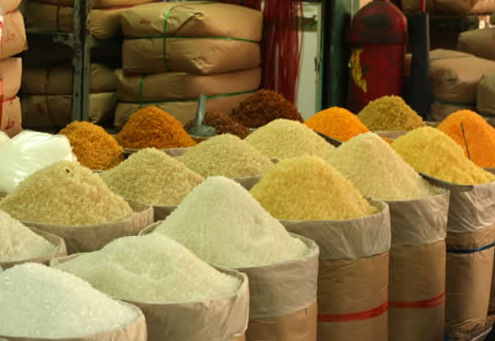
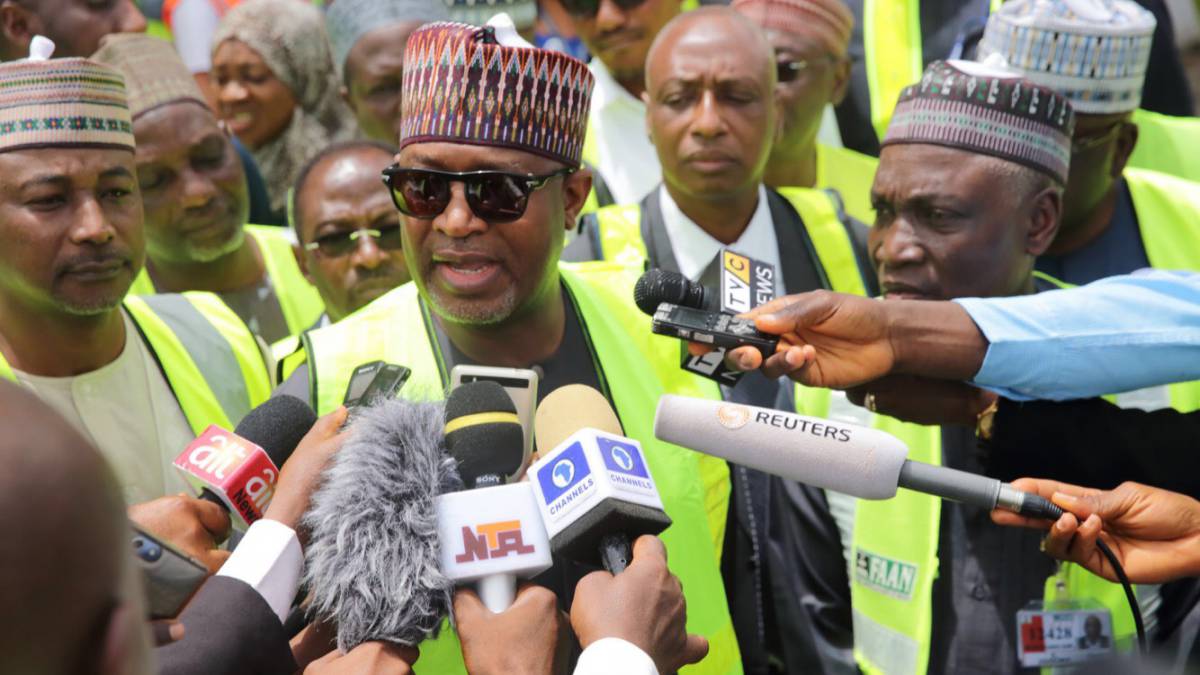
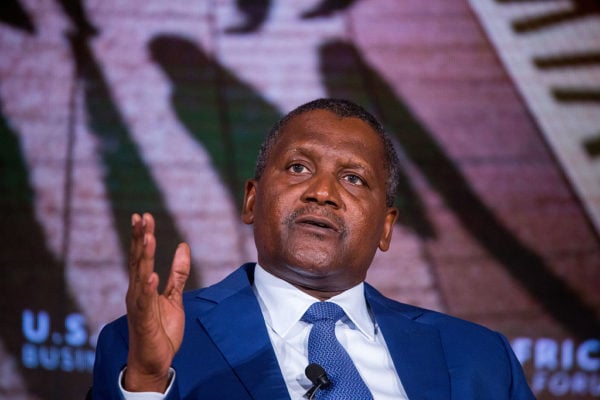
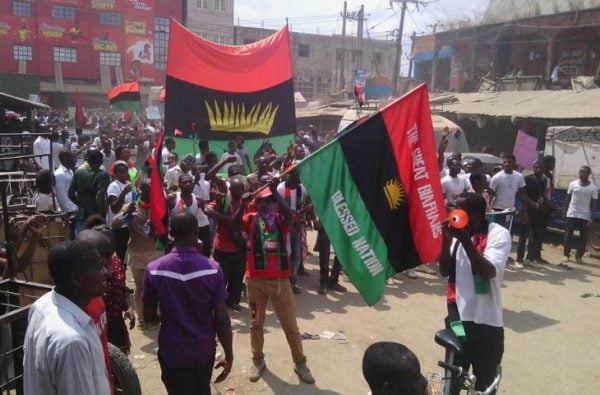
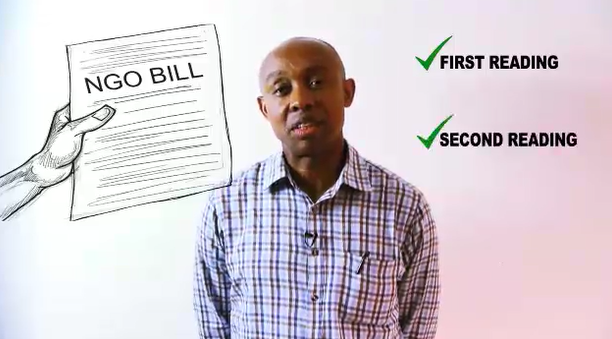
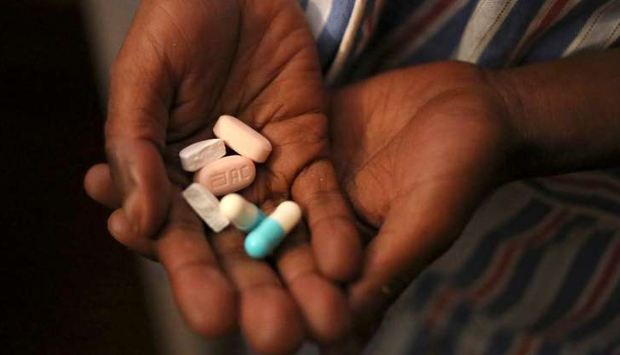

Very good article. Ignorance is what is killing us in this country. To top it up, we are as gullible as can be. We take everything, hook, line and sinker as it is given to us by politicians who actually do not have our best interests at heart.
Once again, very educative article. Thank you.